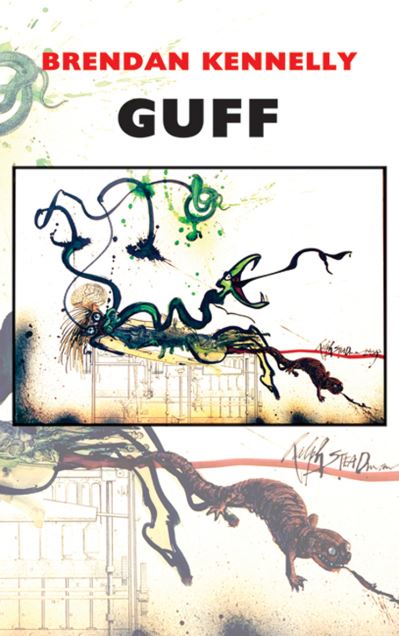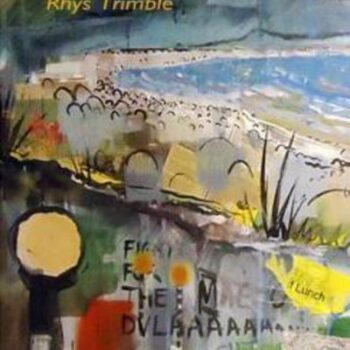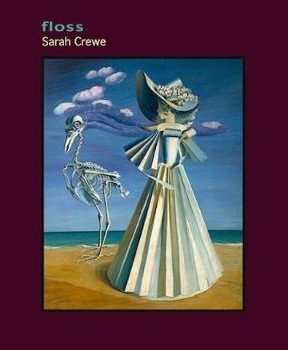Description
Brendan Kennelly’s Guff is both mouthpiece and mouthed off, Devil’s advocate and self critic, everyman and every writer consumed by self-doubt and self-questioning. The book of Guff is about words writing the man. Words drive him into the cave of himself where he questions everything including words that seem to constitute answers and answers that question both questions and answers. Do poets write poems or do poems write poets? And consider the shape of that question-mark, like a snake twisting in its sleep: so twisting, or twisted snakes, lie beside Guff as he tries to sleep in his cave, led now by the words that the snake hisses in his old head. All through his book-length poem Guff hears both the hissing of the words he believes he loves as well as the hissing mysteries of love. Guff is prey to the ruthless continuity of one word leading to another, until these words relax and settle down into what he thinks, or hopes, is “meaning”. Like Kennelly’s Cromwell, The Book of Judas and Poetry My Arse, Guff is a knockabout Swiftian satire, a mischievous meditation on the human condition. It’s also a powerfully expressive hymn to life with all its flaws, a snaking poem with the movement of a river in its different moods from cold anger to summer warmth for minds and bodies, which asks who or what is a genuinely noble person? Dublin is the backdrop to Guff’s jabbering quest, a city where haunted men walk the streets talking to themselves, at times with passion, at times with an air of secrecy or self-accusation, at times as if seeking a friend prepared to listen. Guff is a brother to these strange wanderers. In the poem he becomes at one or at odds with them.





